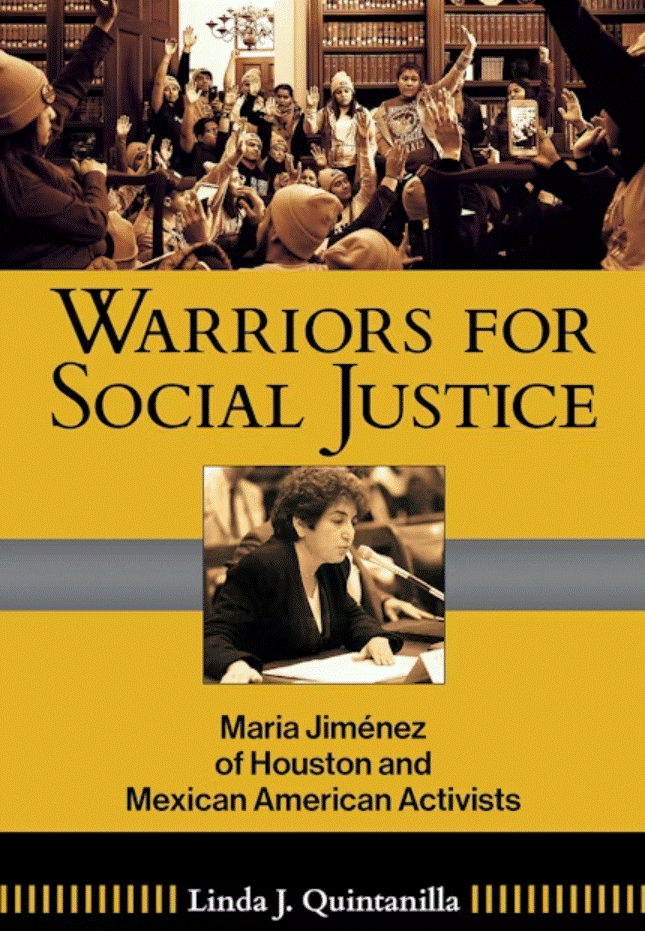Archive for August 2024
FAST-LC TA Event: Strategic Communication and Messaging: Shaping the Prevention Narrative
Determinants of Poor Health among Workers in Criminal Justice, Community and Social Services, and Healthcare: Adverse Childhood Experiences, Workplace Trauma Exposure, and Gender Differences
Comparative analysis of addiction severity and renal functions in patients with synthetic cannabinoid use disorder versus cannabis use disorder
Homelessness Week 2024
Anti-Blackness in Schools of Social Work: A Black Feminist Polyethnography
Current and preferred services of specialized professionals in childcare settings in Quebec, Canada: A descriptive survey of childcare administrators’ perspectives
Quality Improvement Support Agencies as a systemic quality strategy: France and Québec
The effect of perceived social support on fatigue in mothers having twin infants: the mediating role of sleep quality
How Does a History of Trauma Affect the Experience of Imprisonment for Individuals in Women’s Prisons: A Qualitative Exploration
Factors Associated With Physical and Psychological Health Outcomes Among Inmate Women in Portugal
All for Health, Health for All: investment case 2025–2028
Responding to Trauma, or ‘Responsibilising’ Women for It? Gender Responsivity, Trauma, and Women’s Offending in Aotearoa New Zealand
The association between screen time exposure, parent depression, and development of social communication skills among preschool children in Qassim Region
Care needs of people with dementia in Tanzania and associated impact on carers: A cross-sectional, observational study
“Breaking the news”–post-autism spectrum disorder diagnosis group intervention for parents to 6–18-year-old children
Psychologists’ experience of working with people who hear voices and their views on the idea of voice simulation training: A qualitative study
Steady Hand at the Wheel: How Perceived Movement Influences Consumer Responses to Brand Failures
Exploring the Influencing Mechanisms of Neighborhood Environment on the Physical and Mental Health of Chinese Migrant Children
‘We know what he likes, even if he doesn’t know’: how the children of South Asian immigrants characterize and influence the diets of their parents
Deep and harmful: Addressing the root causes of human rights violations and impunity in Sudan and the need for transformative justice
Identifying stigmatizing language in clinical documentation: A scoping review of emerging literature
“Unless I could be like the typical dad”: Exploring parenthood through the perspective of the voluntarily childfree
Parenting, Child Maltreatment, and Social Disadvantage: A Population-Based Implementation and Evaluation of the Triple P System of Evidence-Based Parenting Support
Habits, Goals, and Effective Behavior Change
Effects of interventions implemented by occupational health professionals to prevent work-related stress complaints: a systematic review
BioClock: Bright Light Therapy for Depressive Disorders
Penciling: An Anonymization Method for Social Media Images
Guidelines for climate-resilient, gender-responsive, and socially inclusive public open spaces in Bangladesh
Tax increases as an incentive to quit smoking: is thinking about quitting due to a tobacco tax increase associated with post-tax increase smoking cessation?
Developing a Modular Survey App Using Co-design Principles
Artificial intelligence, workers, and future of work skills
Toward the Science of Engagement With Digital Interventions
Warriors for Social Justice: Maria Jimenez of Houston and Mexican American Activists

One Size Doesn’t Fit All: An Exploratory Typological Approach to Understanding Criminal Career Heterogeneity in Intimate Partner Homicide
Development and prima facie validation of the Dementia-Specific Ethical Self-Efficacy scale for professional caregivers
Living Activism – Critical Social Policy introduction
From lost to leading: How undocumented student resource centers are transforming student lives
Comparative Configurational Process Analysis: A New Set-Theoretic Technique for Longitudinal Case Analysis
Determinants of medication adherence among elderly with high blood pressure living in deprived areas
The Role of Language in the Social and Academic Functioning of Children With ADHD
Reducing Administrative Burdens for Vulnerable Groups: The Role of Job Security and Organizational Commitment
Developing and Evaluating a Situated Assessment Instrument for Trichotillomania: The SAM2 TAI
How end-of-life care was limited during the first 18 months of the COVID-19 pandemic: a longitudinal survey study among healthcare providers (the CO-LIVE study)
VulneraCity–drivers and dynamics of urban vulnerability based on a global systematic literature review
Paying for College as a Student with Foster Care History
The cost of providing care by family and friends (informal care) in the last year of life: A population observational study
Groundbreaking advancements in HIV treatment and prevention
